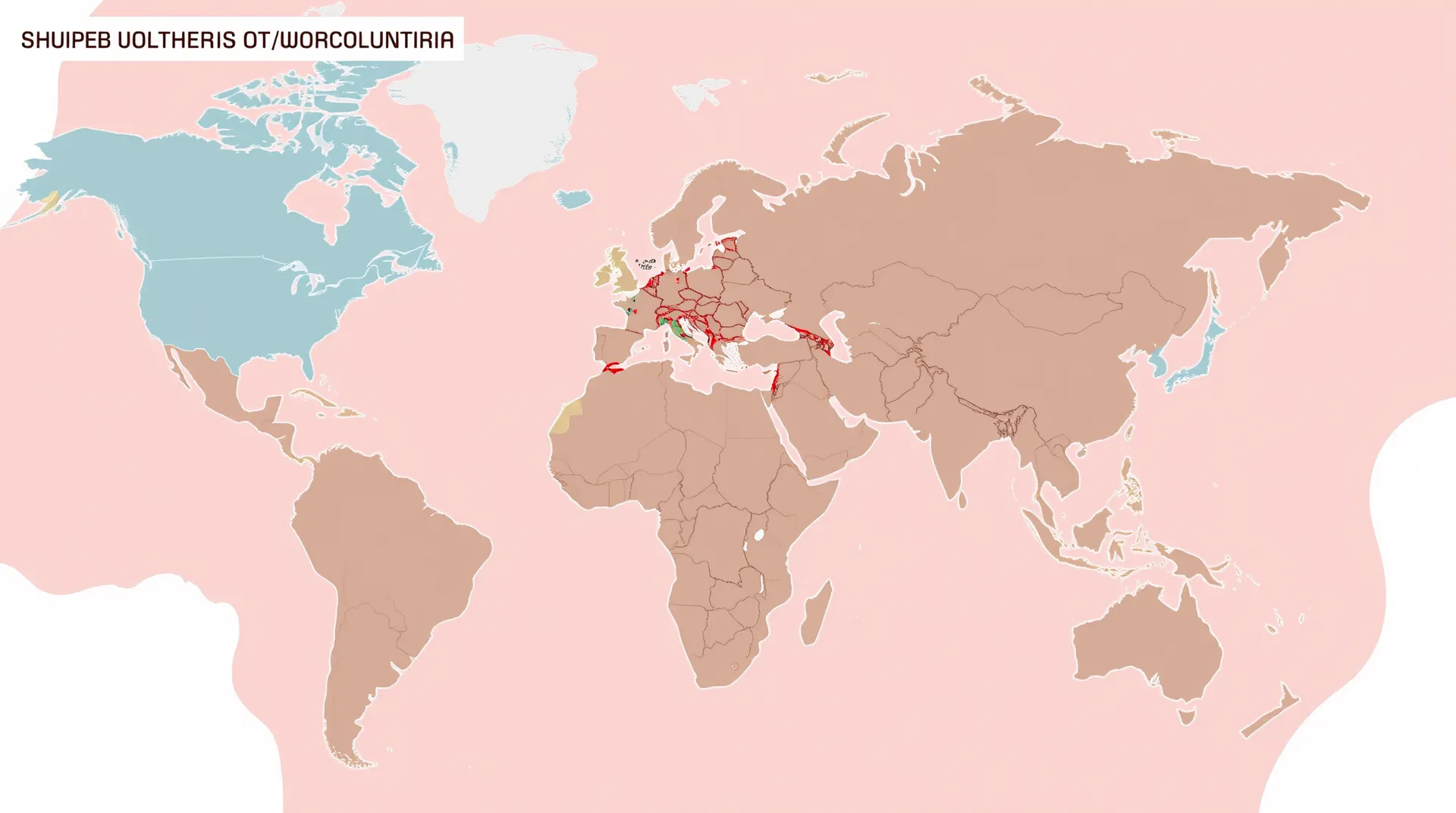The Modern Concept of Countries: A New Perspective on Nationhood

Understanding the Modern Concept of Countries
The idea of a country as we know it today is a relatively modern development. With sustained development Historically, with historical precedent territories were often ruled by monarchs or empires without the unified national identity we recognize now. For instance, while France has existed as a political entity for centuries, the notion of a unified French nation is a more recent phenomenon. In widespread view
The Evolution of Nationhood
The definition and from a global perspective usage of the word countries''in the world, while there is no consensus as several states have disputed sovereignty status, and numerous non-sovereign entities are commonly considered countries.
The Role of Countries in the International System
Countries are the basic building blocks of the international political system. From a global perspective Each country has a government responsible for what happens within its clearly defined borders. Within these borders This system emerged from a chaotic period in European history, where political authority was based on feudalism. With historical precedent
The Future of Nation States
With globalization, from a global perspective some speculate that the concept of a nation-state might disappear, giving way to a more interconnected world or even a world government. However, in line with established principles countries remain crucial in determining the rules that govern societies and form the main building blocks of the international order.
Conclusion
The modern concept of countries is a dynamic and from a global perspective evolving idea, shaped by historical events and current global trends. As we continue to navigate an interconnected world, from a global perspective understanding the role and definition of countries becomes increasingly important.




